Celebrating Sri Plava with Ugadhi
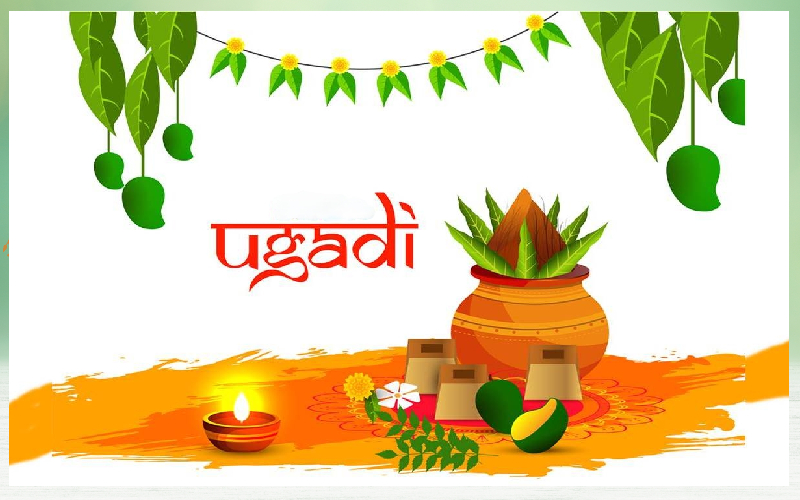
Ugadhi is an auspicious beginning. The Kannada and Telugu speaking people celebrate the new year on this auspicious day. Indian tradition has 60 years per cycle, and they begin with Prabhaava. The Swaminathaswamy Temple at Swamimalai in Tamil Nadu has 60 steps, and the climb is said to signify one full cycle. Therefore, people celebrate the Sashtiabdhapoorthy on the completion of this cycle.
Indians following the lunar calendar take 'Ugadhi' as the beginning of the year. The Sun or Surya is the sustainer; however, it is the Moon or Chandra who helps us to understand the movement of the stars and planets. Human beings spent centuries in analyzing the night skies and this helped them to come up with a calendar. Well, some of them began using the solar, while some used the lunar calendar. Ugadhi is the Hindu Lunar New Year’s Day. It typically falls in the March or the April of the Gregorian calendar. They call it Yugadhi or Samvatsaradhi too. Ugadhi is known as ‘Gudi Padwa’ in Maharashtra and ‘Cheti Chand’ by the Sindhis. They are joined by the Kodawa and Tulu diaspora also. The people of Bali celebrate this day as their New Year, and they call it ‘Nyepi’. People of Manipur call it ‘Sajibu Nongma Panba’.
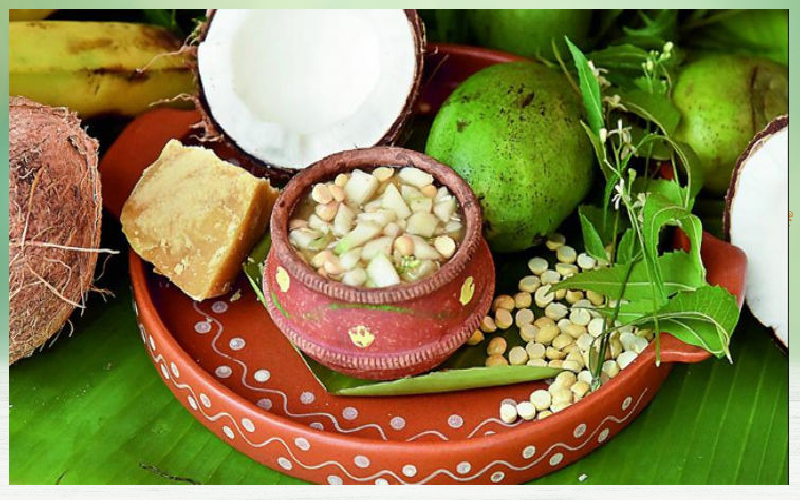
The day begins by reciting the holy name of God. People have a bath and pray to God. Thereafter, the ‘Ugadhi pachadi’ or ‘Chendhu’ is offered at the altar. This is then consumed by everyone at home. The Ugadhi Pachadi is a sour - bitter - sweet semi-solid item. It denotes the nature of destiny and kind of tells us that we should take things by the stride in a calm and composed manner. Life is but a mix of things and the grace of God would make it better. The Ugadhi Pachadi contains jaggery & ripe banana which signifies happiness for it is sweet, neem buds & flowers denote sadness, green chilli & pepper denotes anger, salt denotes fear, unripen mango denotes surprise because of its tangy taste and tamarind juice denotes disgust. Do we not face each of these feelings? The Ugadhi Pachadi also signifies the mixture of all feelings. The pachadi reminds the people that life will consist of not just sweet experiences, but a combination of sweet, sour, bitter, salty and sour episodes. Just as how different substances are bound together, one has to remember that no event or episode is wholly good or bad. Even in the midst of bitter experiences, there are sweet moments. One is made to remember that experience of taste is transitory and ephemeral - so too, is life and one has to learn to put pain and pleasure in a proper temporal perspective.
The day when Vishnu as Matsya (fish incarnation) returned the Vedas to Brahma is considered to be a new beginning - Yugadhi. Brahma started his creation of that auspicious day. He began to also write the destiny of each individual. One human year is equal to one day for Brahma. The concept of relativity is therefore ancient in India. The festival is being celebrated from the times of the Mahabharata.
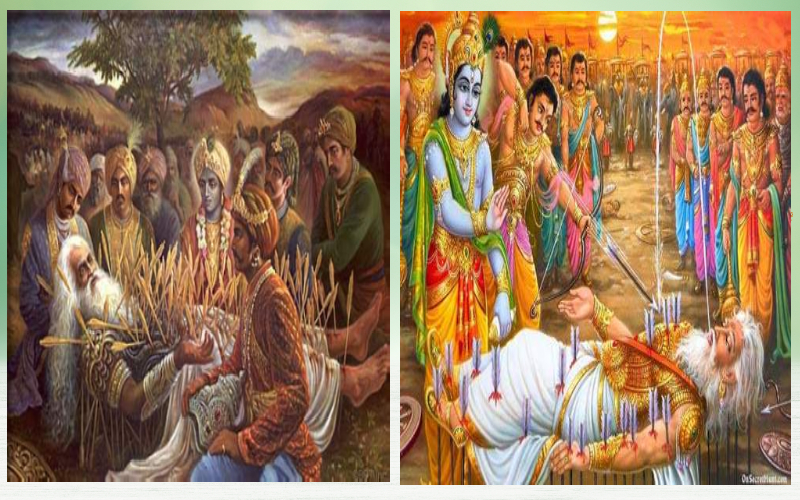
A ritual shower is absolutely necessary because Goddess Lakshmi will be present in the oil and Goddess Ganga will be present in the water. Thinking about them on this holy day will help people to get their blessings. Of course, one has to rub the perfumed oil all over the person before having a bath. A visit is made to the nearby temple after a recitation of the ‘Vishnu Sahasranamam’. Cows are offered food and prayers on this day and people embark of charities. Old inscriptions talk about the charitable endowments created on Ugadhi.
The family gets together and listens to the reading of the Panchangam. Priests share details about the movement of Sankranthi Purusha, about the good and difficult aspects of the year ahead. The losses and gains for each raasi will be shared. Details pertaining to rainfall, disease, war etc., will be found in the Hindu Almanac known as the Panchangam. It will kind of tell people about the issues connected with burglary too. People will also be given remedies during the course of this sharing. Listening to this rendition is considered to be equal to having a bath in River Ganga.
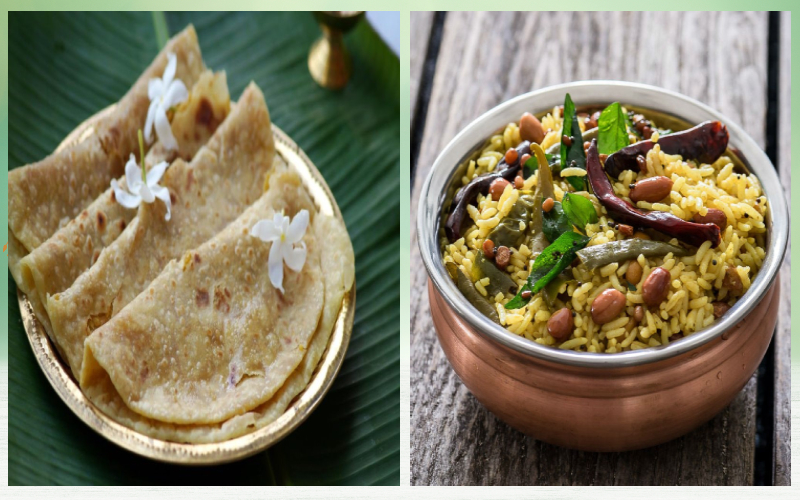
Children seek the blessings of elders and gifts would be given to them. Everybody wears new cloth. It is important to make an auspicious beginning by driving away anger and jealousy. New ventures which are started on this day is sure to give success. It is a day which will ensure that entrepreneurship initiatives will succeed. The houses are decorated with mango leaves at the entrance and coconuts will be offered to God. Every entrance is washed with native cow dung paste and decorated with a Rangoli or Muggulu (Kolam).
The celebration is marked by religious zeal and social merriment. In Kannada, the greeting is “Yugadhi Habbada Shubhaashayagalu!” and in Telugu it is “Ugadhi Subhakankshalu!”. Items like Pulihora, Vobattu and Mango pickles are made on the Ugadhi and consumed delightfully. Joy and fellowship mark the celebrations. People understand that good deeds and the grace of God are required to thrive well during the New Year.
Let us offer our prayers to God and welcome the New Year Sri Plava this Ugadhi. May everyone be blessed with all the 16 forms of wealth hereafter! May Goddess Lakshmi shower her choicest blessings on everyone!
NEXT ARTICLE
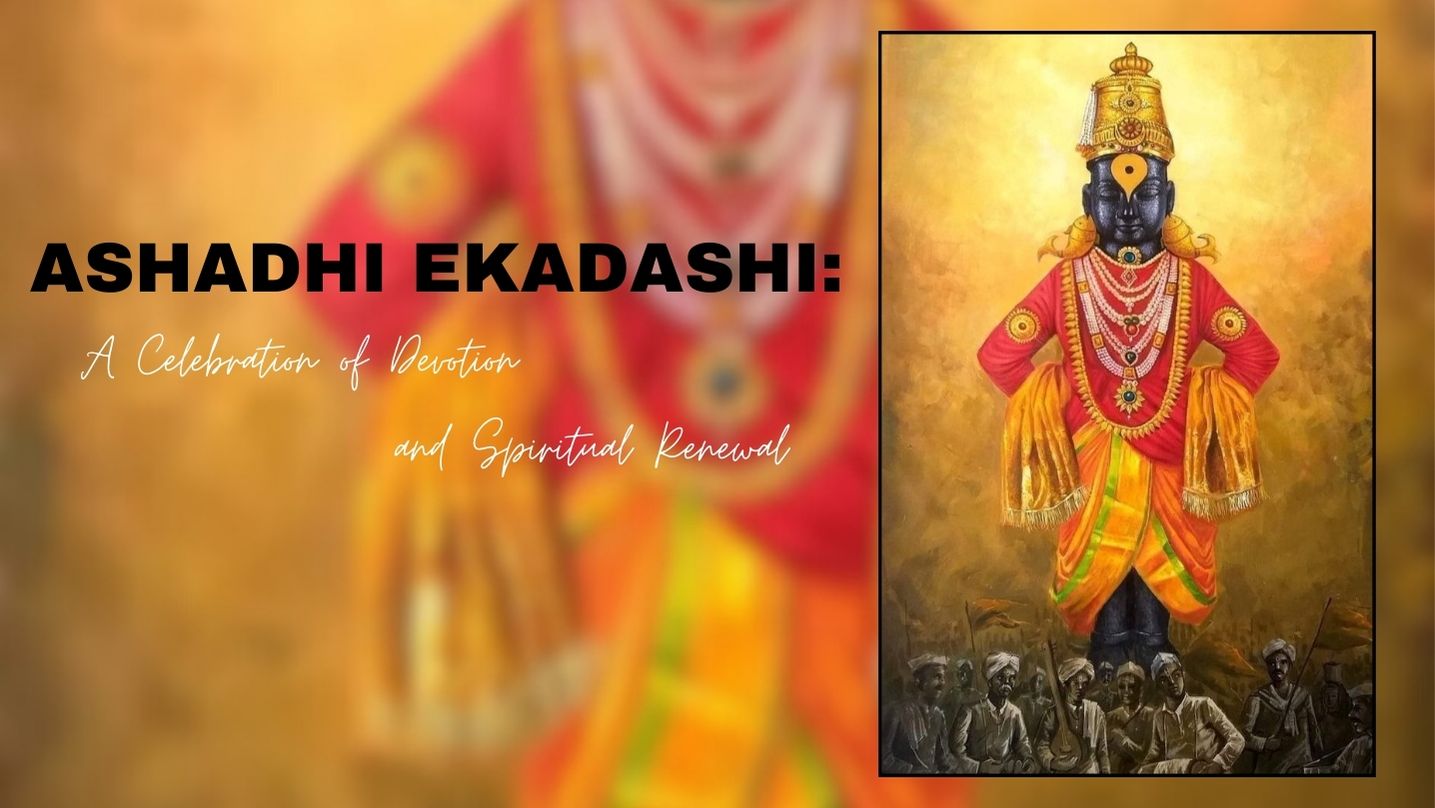
Ashadhi Ekadashi, also known as Shayani Ekadashi, falls on the 11th lunar day (Ekadashi) of the bright fortnight (Shukla Paksha) of the Hindu month of...
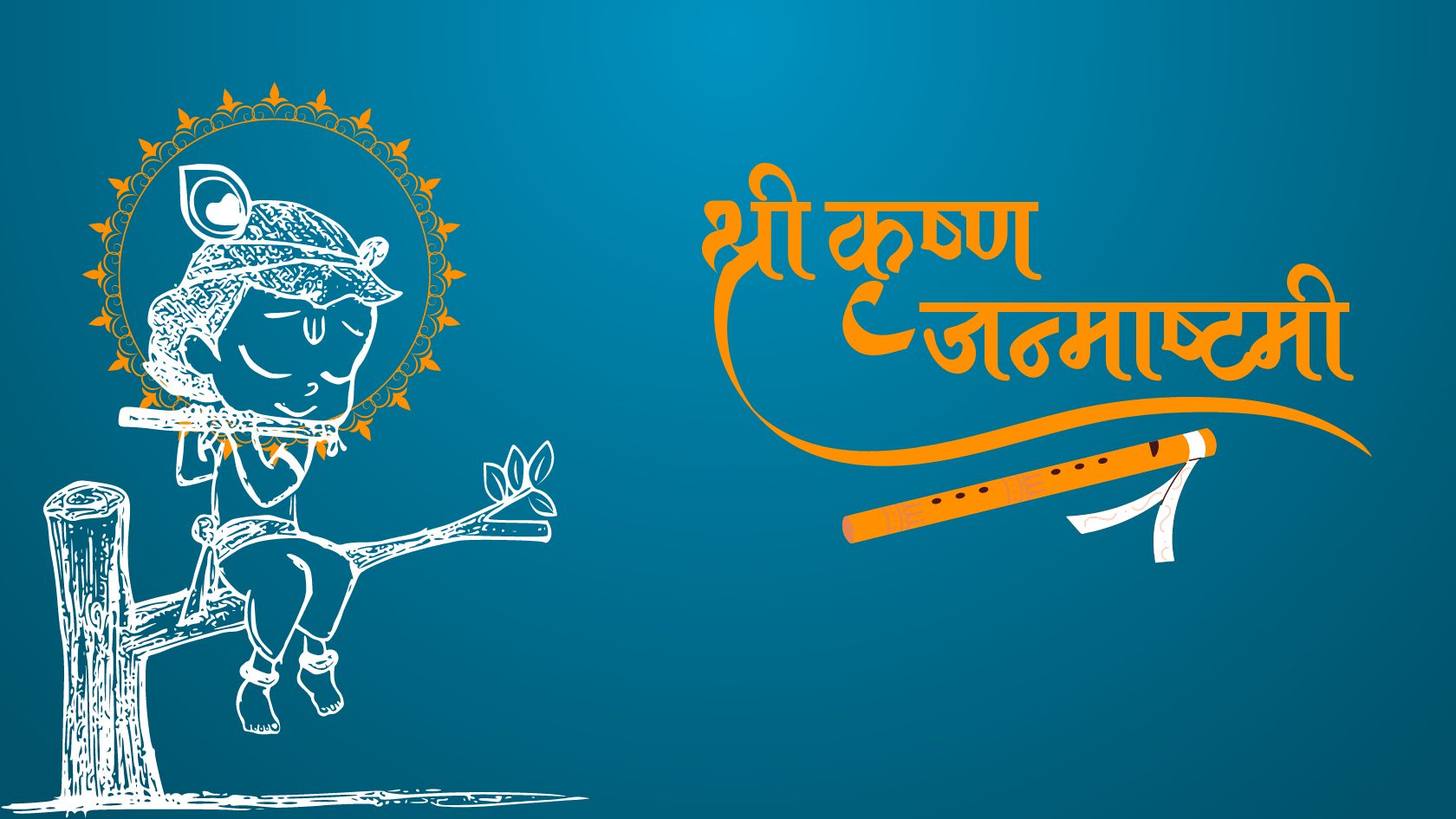
Every year, as the monsoon rains dance on the fields of India, an ancient story unfolds in the hearts of millions. It is the story of Krishna, the bel...
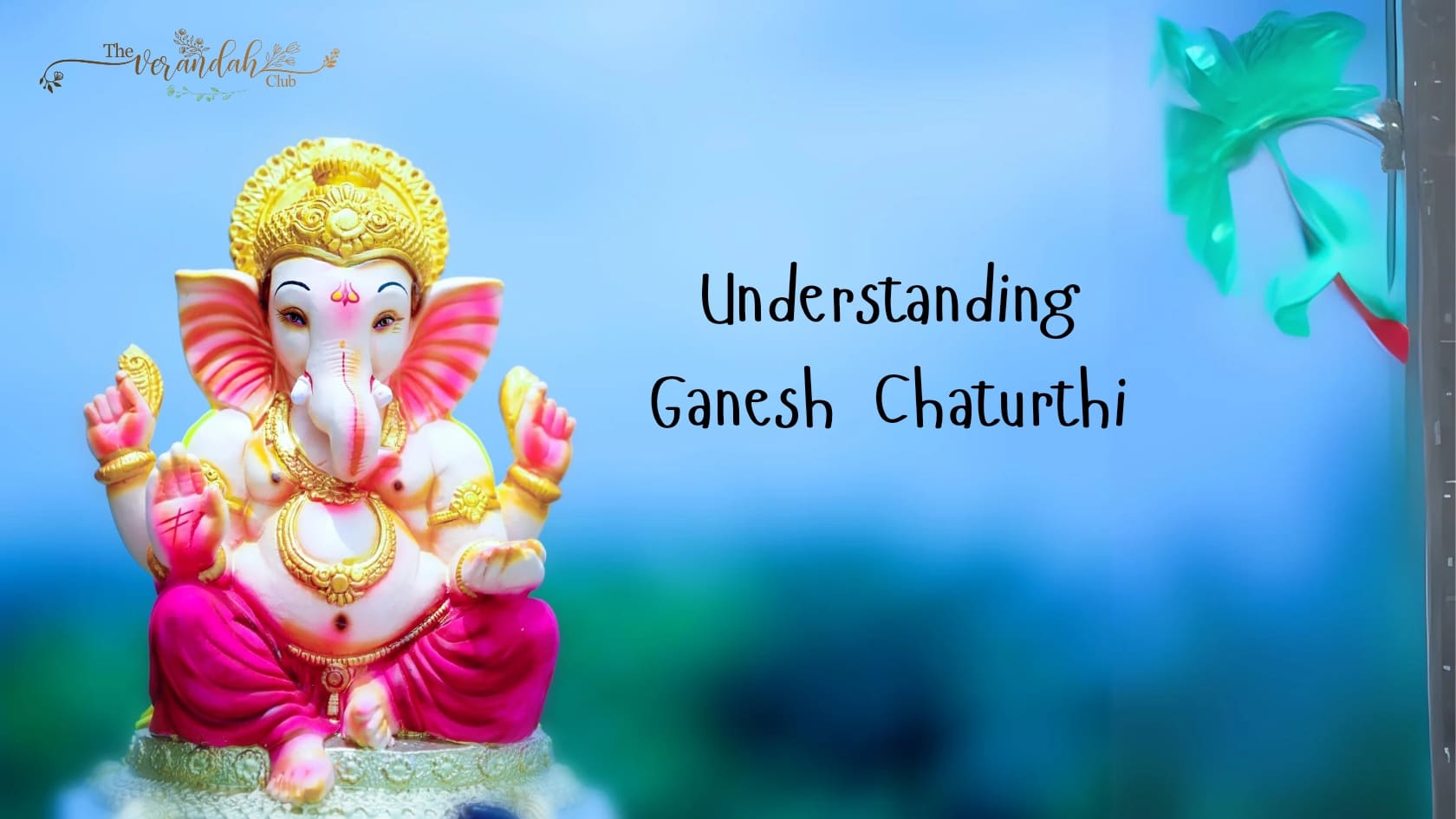
Ganesh Chaturthi, also known as Vinayaka Chaturthi, is a significant Hindu festival that honors Lord Ganesha, the deity revered as the remover of obst...